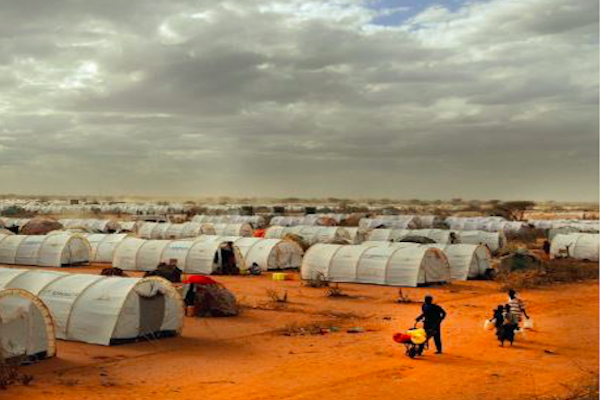Socio-economic rights of refugees in African countries – a new study
For a number of years, the Hanns Seidel Foundation in Southern Africa has been supporting research by internationally renowned institutions on the situation of migrants and refugees in Africa. The empirical studies are meant to improve the understanding of complex situations in various geographical areas. They also aim to contribute to a fact-based, balanced discourse of stakeholders in different countries and to enable more informed, solution oriented policy making and strategizing by various institutions of civil society.
"Access to Socio-Economic Rights for Refugees - a Comparison Across Six African Countries" – this is the title of a new study recently published by the Cape Town based Scalabrini Institute for Human Mobility in Africa (SIHMA), with support from the Hanns Seidel Foundation.
Focusing on the existing international legal framework, its ratification and implementation in selected countries, the report sheds light on the current situation of refugees, especially with regards to their legal status, their rights to work, access to education and to healthcare. The countries described and analysed include the Democratic Republic of Congo, Ethiopia, Kenia, Nigeria, South Africa and Sudan.
At the same time, the publication also draws on practical examples to highlight the role international organisations and civil society actors play in different contexts to address problems and to overcome obstacles. The well-researched, comprehensive study provides a wealth of relevant information in a very readable format that appeals to a broad range of stakeholders from policy makers to researchers and practitioners.
The study has been welcomed as very informative by readers from different countries and institutional backgrounds, and initial feedback indicates that it can contribute to productive discussions, pro-active policy making and more nuanced strategizing by those working with refugees. Further research is now underway to deepen the insights gained so far and to extend the thematic focus as well as the scope of the countries initially selected.
You can access the full study here.

